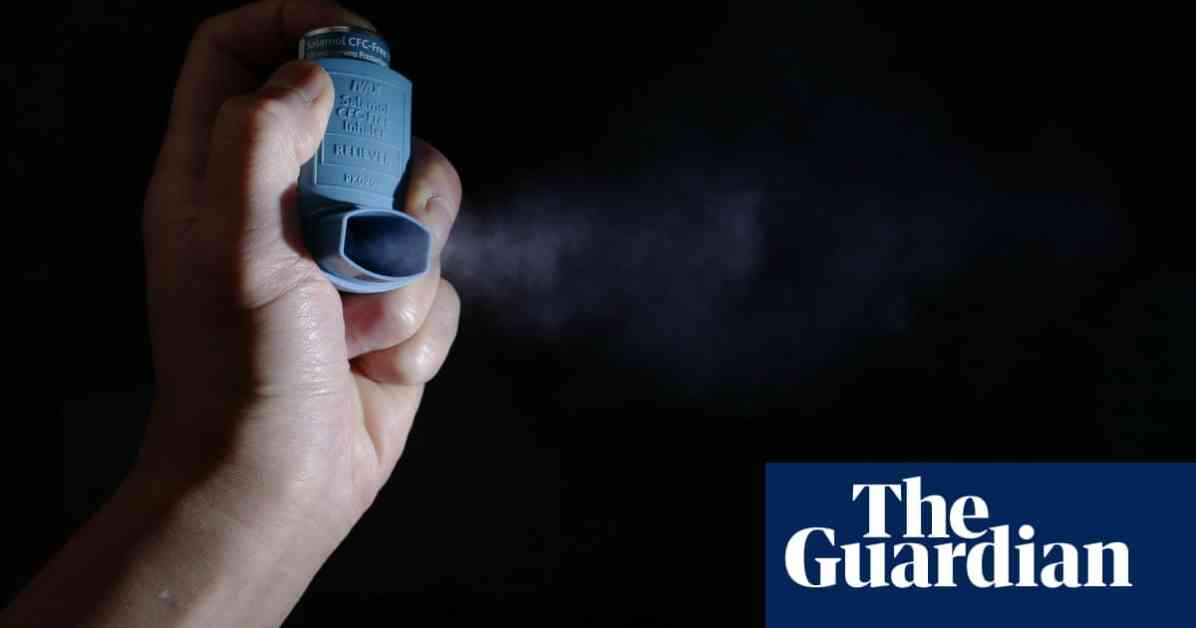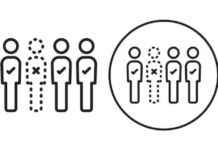Doctors are excited about a new breakthrough in treating serious asthma and chronic obstructive pulmonary disease (COPD) attacks, marking the first significant advancement in 50 years. This new treatment method could be a gamechanger for patients, as a recent trial has shown that offering patients an injection is more effective than the current standard care of steroid tablets, reducing the need for further treatment by 30%.
The results of the trial, published in the Lancet Respiratory Medicine journal, have the potential to transform the lives of millions of people suffering from asthma and COPD worldwide. The treatment involves the use of benralizumab, a monoclonal antibody that targets specific white blood cells called eosinophils to reduce lung inflammation. While benralizumab is already used as a repeat treatment for severe asthma at a low dose, the trial found that a higher single dose could be very effective if injected during a flare-up.
Lead investigator Prof Mona Bafadhel from King’s College London emphasized the significance of this breakthrough, stating that the treatment for asthma and COPD exacerbations has remained unchanged for half a century, despite causing 3.8 million deaths worldwide each year. By using benralizumab at the point of an exacerbation, the researchers demonstrated that it is more effective than steroid tablets, which are currently the only available treatment.
The trial involved 158 individuals who required medical attention in the emergency room for their asthma or COPD attack. Patients underwent a quick blood test to determine the type of attack they were experiencing, with those having an “eosinophilic exacerbation” being eligible for treatment. Approximately 50% of asthma attacks and 30% of COPD attacks are eosinophilic exacerbations, according to the scientists.
During the trial, patients were randomly assigned to one of three groups: one group received the benralizumab injection and dummy tablets, another group received standard care of prednisolone steroids, and the third group received both the benralizumab injection and steroids. After 28 days, patients on benralizumab showed improvement in respiratory symptoms such as coughing, wheezing, and breathlessness. Additionally, after 90 days, there were significantly fewer treatment failures in the benralizumab group compared to those receiving steroids.
Researchers noted that treatment with the benralizumab injection also led to fewer visits to healthcare providers, indicating a better quality of life for patients. Furthermore, benralizumab could potentially be administered safely at home or in a general practitioner’s office, in addition to emergency room settings. AstraZeneca provided the drug for the study and funded the research, with no involvement in the trial design, delivery, analysis, or interpretation.
Dr. Sanjay Ramakrishnan, the first author of the study and a clinical senior lecturer at the University of Western Australia, expressed optimism about the potential of benralizumab in treating asthma and COPD. He highlighted the urgent need for life-saving options for COPD patients, as the condition is the third leading cause of death globally, yet treatment remains outdated.
Dr. Samantha Walker, the director of research and innovation at Asthma and Lung UK, welcomed the findings but also pointed out the lack of new treatments for asthma and COPD attacks in the past five decades, underscoring the urgent need for increased funding for lung health research. The revolutionary breakthrough in asthma and COPD treatment offers hope for patients and healthcare providers alike, paving the way for improved outcomes and quality of life for those suffering from these respiratory conditions.







